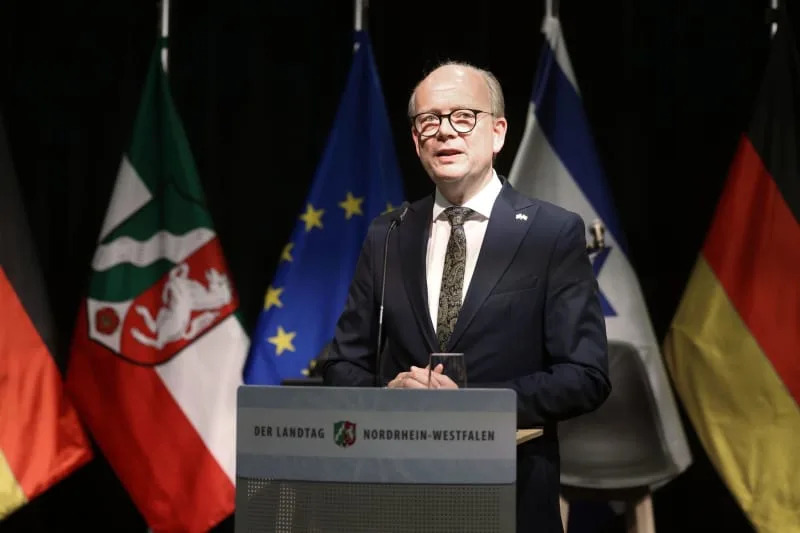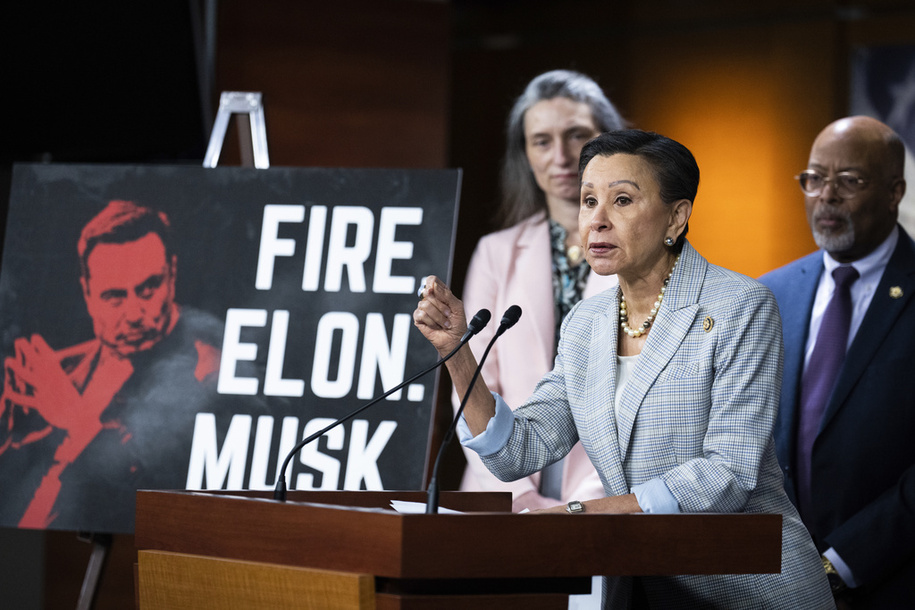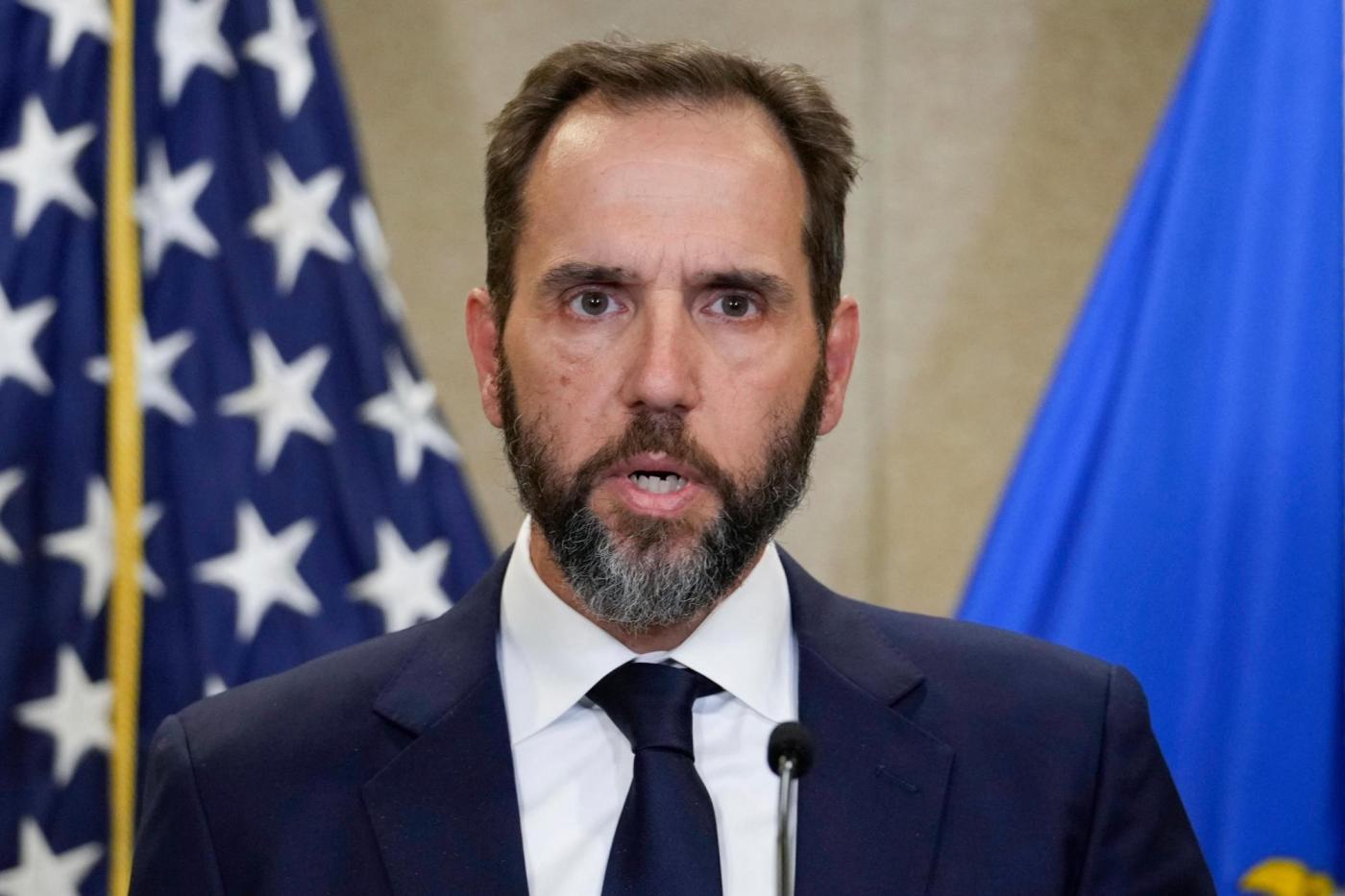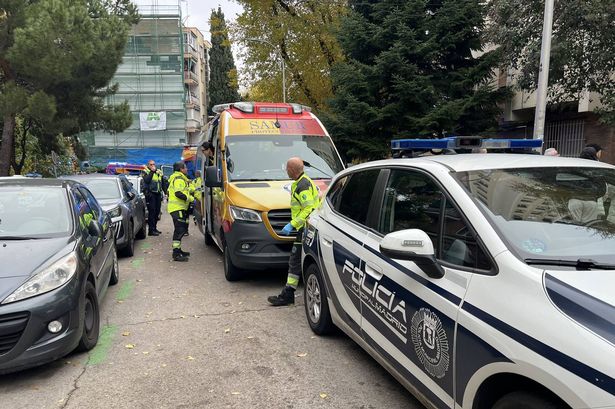The Lutheran bishop in Jerusalem, Dr Sani Ibrahim Azar, has made a controversial accusation against Israel, alleging that the country is committing genocide in the Gaza Strip. His remarks, delivered during a Reformation Day service at the Church of the Redeemer in Jerusalem’s Old City on Friday, have sparked significant backlash.
During his sermon, Azar posed profound questions about the state of the world, asking, “What does Reformation look like after two years of genocide? What does Reformation mean when we look at a world, a country, that is so broken?” His comments, which were later shared on social media, drew sharp criticism, particularly for omitting context regarding the recent violence initiated by the Palestinian militant group Hamas. On October 7, 2023, a coordinated attack by Hamas resulted in the deaths of approximately 1,200 people in Israel, along with over 250 individuals abducted to Gaza.
The remarks were met with immediate disapproval from a delegation of the North Rhine-Westphalian State Parliament in Germany, which was present at the service. André Kuper, president of the state parliament, expressed grave concern over Azar’s statements, stating, “We expressly distance ourselves – especially as a German delegation – from the one-sidedness of what was said during the service. For me personally and for us as Germans, such language is unacceptable and intolerable.”
Reformation Day, celebrated annually on October 31, commemorates Martin Luther’s historic act of nailing his 95 Theses to the door of the All Saints’ Church in Wittenberg, which catalyzed the Protestant Reformation. The United Nations defines genocide as the deliberate persecution of a population group, aimed at destroying that group in whole or in part based on distinguishing characteristics such as language or religion.
In a significant development, South Africa has brought a genocide case against Israel before the International Court of Justice (ICJ) in The Hague. The timeline for the court’s decision remains uncertain. Israel has consistently denied allegations of genocide, a stance supported by the German government.
As the conflict continues, the toll in Gaza escalates. According to the Hamas-controlled health authority, over 68,500 individuals have lost their lives as a result of Israel’s military actions since the outbreak of hostilities following the October attacks. A fragile ceasefire was established only three weeks ago, highlighting the ongoing volatility in the region.
The bishop’s remarks and the subsequent reactions underscore the complexities of the situation in the Middle East, where narratives are deeply intertwined with historical grievances and contemporary conflicts. As the international community watches closely, the implications of such statements reverberate through diplomatic channels and public discourse alike.







